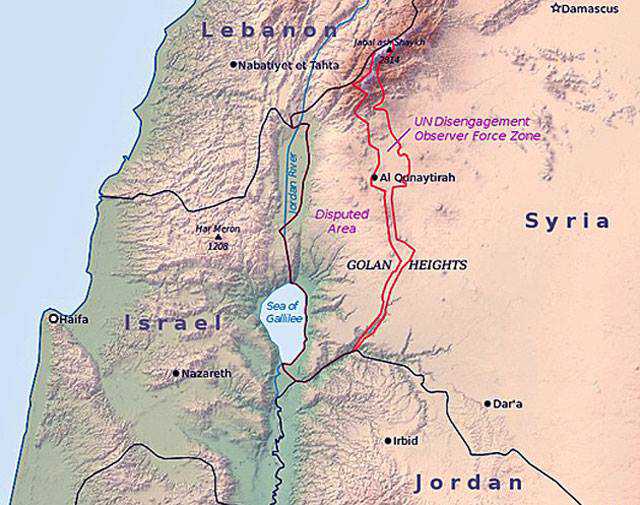OBAMADAN GELEN MESAJ
Subject: Syria
Date: Tue, 10 Sep 2013 23:56:52 -0500
To: [email protected]
From: [email protected].
|
=============
From: Nursel Oran [mailto:[email protected]]
“In April 2009, an Abu Dhabi newspaper carried the news that Qatar had proposed a gas pipeline from the Persian Gulf to Turkey. The Gulf sheikhdom had just finished an ambitious program to more than double its capacity to produce liquefied natural gas at the world’s biggest gas field and needed access to European markets, bypassing the troubled Persian Gulf where the threat of Iran hangs over the heads of the region’s medieval monarchs… But what Qatar and Turkey had not foreseen was the fact President Assad of Syria would have the gall to say ‘No’ to their moneymaking venture, instead inking deals with both Russia and Iran.”
September 11, 2013

To Bomb or Not to Bomb
Tarek Fatah
The Toronto Sun
While Russia and America try to outfox each other in the equivalent of a 21st century “Great Game,” Syria’s next-door neighbour Israel may end up being drawn into the conflict.
After all, the Syrian civil war has taken place very close to Israel’s northern borders and the prospect of Hezbollah getting its hands on Syrian chemical weapons cannot be ruled out, despite a number of Israeli air attacks on Syrian convoys that were suspected of transferring military equipment to southern Lebanon.
For the first time, Israel has deployed its Iron Dome anti-missile defence battery in the Jerusalem area. Last week, the IDF had moved Iron Dome batteries to various locations, including the Tel Aviv area, in response to the possibility of reprisals for an American attack against Syria.
The possibility of cruise missiles landing in Damascus triggered serious debate on Monday at the opening of the World Summit on Counter-Terrorism hosted by the International Institute for Counter-Terrorism at the Interdisciplinary Centre in Herzliya, Israel.
Uzi Arad, the former head of the Israeli National Security Council, told the conference he doubted if an attack on Syrian government forces by the U.S. would be successful.
Speaking to a packed audience, Arad surprised delegates from more than 50 countries when he criticized President Barack Obama, saying the American leader, by threatening Damascus, had bitten off more than he could chew. Arad, once an adviser to Israeli Prime Minister Netenyahu, suggested the best thing President Obama could do now was to extricate himself from the corner he had backed himself into with as much dignity as possible.
Twenty-four hours later, the American president seems to have received just such a chance to back out from his disastrous diplomatic debacle. This happened when the Russians called John Kerry’s bluff and obtained agreement from Syria to place its chemical weapons under international control.
At the summit, Uzi Arad not only dismissed the Obama-Kerry proposed response as a bad idea, he openly questioned its legality. He told the counter-terrorism summit, “Syria is not a signatory to international conventions against the use of chemical weapons,” making the legal basis for intervention somewhat shoddy. “You cannot say that Assad violated an international convention Syria is not signed on to.”
The annual summit attracted nearly 1,000 delegates from more than 50 countries ranging from India and Brazil to Canada and Australia. They included academics, intelligence officials, retired generals and police officials, and the one question on everyone’s mind, was this: “Why can’t America get its act together?”
Few were aware of the oil factor behind the Syrian civil war.
In April 2009, an Abu Dhabi newspaper carried the news that Qatar had proposed a gas pipeline from the Persian Gulf to Turkey. The Gulf sheikhdom had just finished an ambitious program to more than double its capacity to produce liquefied natural gas at the world’s biggest gas field and needed access to European markets, bypassing the troubled Persian Gulf where the threat of Iran hangs over the heads of the region’s medieval monarchs.
Following talks with the Turkish Prime Minister Erdogan, the then ruler of Qatar Sheikh Hamad bin Khalifa Al Thani told the media, “We are eager to have a gas pipeline from Qatar to Turkey.” But what Qatar and Turkey had not foreseen was the fact President Assad of Syria would have the gall to say ‘No’ to their moneymaking venture, instead inking deals with both Russia and Iran.
As one counter-terrorism expert at the Herzliya summit said, “follow the money.”

